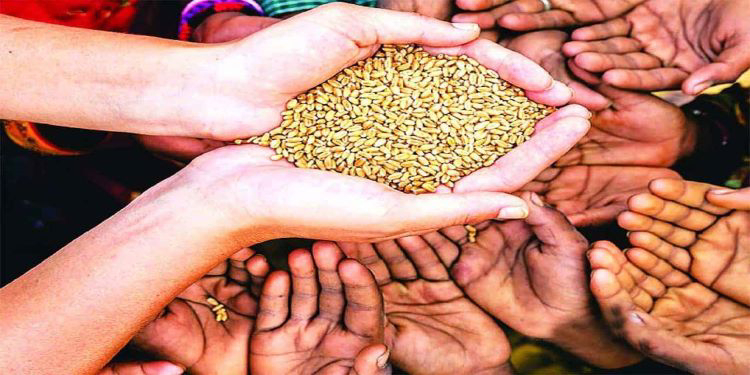UNIT 5
“Philippine law in Protecting Environment”
1. Philippine Clean Air Act - Republic Act 8749
It is a comprehensive air
quality management policy and program, which aims to achieve and
maintain healthy air for Filipinos.
The law aims to achieve and maintain clean air that meets the National Air Quality guideline values for criteria pollutants, throughout the Philippines, while minimizing the possible associated impacts to the economy.
Its guiding principles are the following:
a. Promote and protect the global environment while recognizing the
primary responsibility of LOCAL GOVERNMENT UNITS to deal
with environmental problems
b. Recognize that the responsibility of cleaning the habitat and
environment is primarily are- based;
c. Recognize that a clean and healthy environment is for the good of
all and should therefore be the concern of all.
2. Pollution Control Law - P.D. 1181 (supplements the provision of P.D.
984)
providing for the abatement, control and prevention of vehicular
pollution & establishing the maximum allowance emissions of specific air
pollutants from all types of vehicles.
This Decree aims to prevent, control, and reduce air pollution emissions from motor vehicles in order to safeguard public health and welfare, prevent or lessen property damage, and reduce risks to land transportation.
3. Water Pollution Control.
prohibits the discharge of oil, noxious liquid
substances, and other harmful substances into the country’s inland and
territorial waters.
Water Pollution control stablishes standards and rules for water quality and offers provisions for the reduction and control of pollution from land-based sources.
P.D. 825 – prohibits the improper disposal of garbage.
4. R.A. 6969 - Toxic Substances and Hazardous and Nuclear Waste Control
Act
authorizes the DENR to establish a program to regulate, restrict or
prohibit the importation, manufacture, processing, sale, destruction, use
and disposal of chemical substances, and mixture that present
unreasonable risk and/or injury to health or the environment.
The goal of the law is to control, restrict, or outright forbid the use of chemical substances and mixtures that pose an excessive risk to human health from being imported, manufactured, processed, sold, distributed, used, and disposed of. Additionally, it forbids the admission of hazardous and nuclear wastes, even in transit, and their disposal inside the territorial borders of the Philippines for any reason, as well as the advancement of and facilitation of research and studies on dangerous chemicals.
5. Philippine Clean Water Act (2004) - Also known as R.A. 9275
an act
providing a comprehensive water quality management and for other
purposes.
The law attempts to shield the nation's water sources from contamination caused by land-based sources, such as businesses, farms, and community and household activities. By utilizing a multi-sectoral and inclusive approach, it offers a complete and integrated plan to avoid and minimize pollution.
6. Climate Change Act of 2009 - Also known as R.A. 9729
an act
mainstreaming climate change into government policy formulations,
establishing the framework strategy and program on climate change,
creating for this purpose the climate change commission, and for other
purposes.
7. Food Security Act of 1985 -
Deals with preserving the natural
environment on farmlands. Also increases protection for wetlands and
encourages soil conservation on areas subject to high levels of erosion.
8. Solid Waste Management Act (2001) - Also known as R.A. 9003
an act
providing for an ecological solid waste management program, creating the
necessary institutional mechanisms and incentives, declaring certain acts
prohibited and providing penalties, appropriating funds therefor, and for
other purposes.
The law seeks to implement an organized, thorough, and environmentally friendly solid waste management program that will ensure the preservation of the environment and public health. Through the creation and adoption of the best eco-waste products, the law provides proper solid waste segregation, collection, storage, treatment, and disposal.
SUMMITED BY: CHRISTINE I. YABO
CLASS SCHEDULE: CFLM 1 (T-TH) 9:00-10:30 am
SUMMITED TO: PROF MARICEL ADRIATICO










